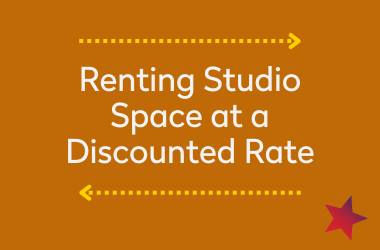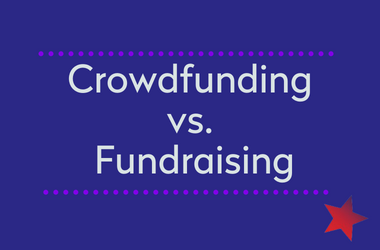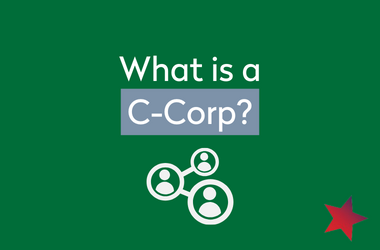How to rent studio spaces for discounted rates
Rent Studio Space at a Discounted Rate
Fiscal sponsors typically rent studio space at a discounted rate through negotiations and partnerships with landlords, property owners, or organizations that have available space. Here are some common approaches they may use:
- Nonprofit Discounts: Many fiscal sponsors are nonprofit organizations themselves, and they can leverage their nonprofit status to secure discounted rates for studio space. Nonprofits often receive preferential treatment when renting or leasing spaces, as landlords may be willing to support their mission or benefit from potential tax incentives.
- Partnerships with Property Owners: Fiscal sponsors may establish partnerships with property owners who are willing to offer discounted rates for studio space. These partnerships can be formed based on shared values, community involvement, or the desire to support charitable endeavors. Property owners may be open to negotiating lower rental rates or providing subsidized spaces to promote social impact.
- Shared Spaces: Fiscal sponsors can explore shared space arrangements where multiple organizations or individuals share the same studio space. By sharing the rent and expenses, each organization can enjoy lower costs. These shared spaces can be established through partnerships with other nonprofits, co-working spaces, creative communities, or even local government initiatives.
- In-Kind Donations: Some landlords or property owners may be open to making in-kind donations of studio space to fiscal sponsors. This means they offer the space at no or significantly reduced cost as a contribution to the fiscal sponsor’s cause. In return, the landlord may benefit from increased visibility, community engagement, or other positive outcomes associated with supporting a nonprofit organization.
- Community Grants or Sponsorships: Fiscal sponsors can seek community grants or sponsorships specifically designated for renting studio spaces. Local or national foundations, corporations, or philanthropic organizations often offer grants or funding opportunities that support nonprofit initiatives, including the rental of facilities. By securing such grants or sponsorships, fiscal sponsors can access studio spaces at reduced rates or even for free.
It’s important to note that the availability and success of these strategies may vary depending on the specific fiscal sponsor, location, real estate market, and the relationships they establish. Engaging in open communication, highlighting the organization’s mission and impact, and building partnerships with stakeholders are essential steps to negotiate discounted studio space rates.
NEXTSTEPS | 06.27.2023
Latest Blog Posts
Fundraising Q&A: Planning a Fundraising Event
Q&A: Planning a Performing Arts Fundraising EventEvent Fundraising in the Performing Arts can be a Great Way to Raise Funds There are a number of ways to fundraise money for a performing arts organization or cause. One of the most collaborative ways to fundraise...
Crowdfunding Versus Fundraising
Crowdfunding versus FundraisingWhat is the difference between Crowdfunding and Fundraising? Crowdfunding is exclusively online while fundraising could be either in person or virtual. The majority of Crowdfunding websites make it free to begin so you retain most of the...
What is a C Corp?
What is a C-Corp?What is a C-Corp, and how does it differ from other types of corporate structures? A C corporation (C corp) is defined as a legal business entity that is taxed separately from its owners or shareholders. This includes performing arts entities. Often...




